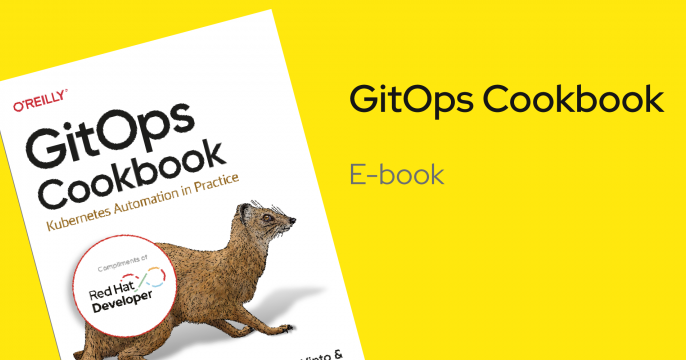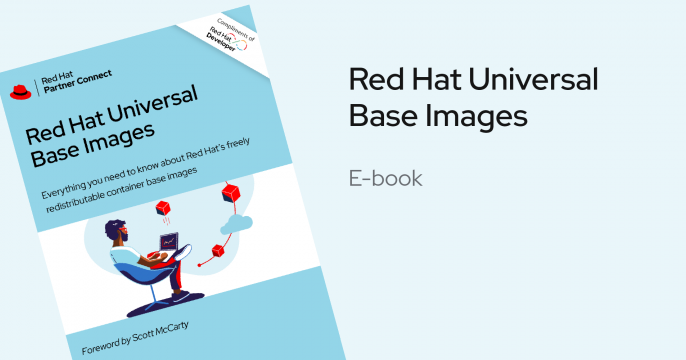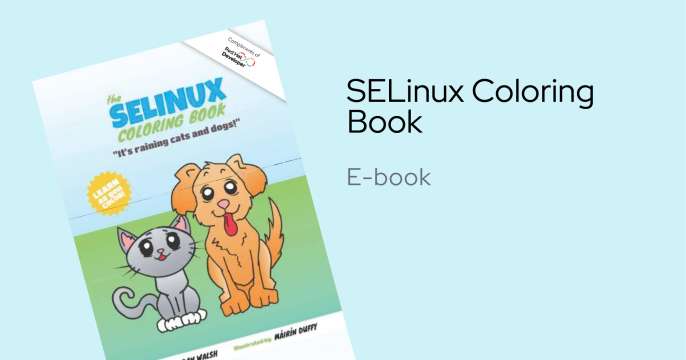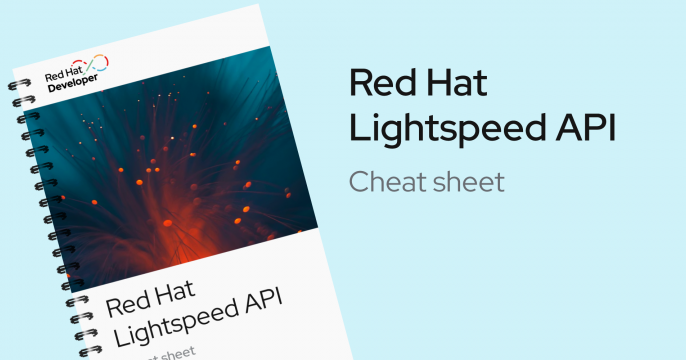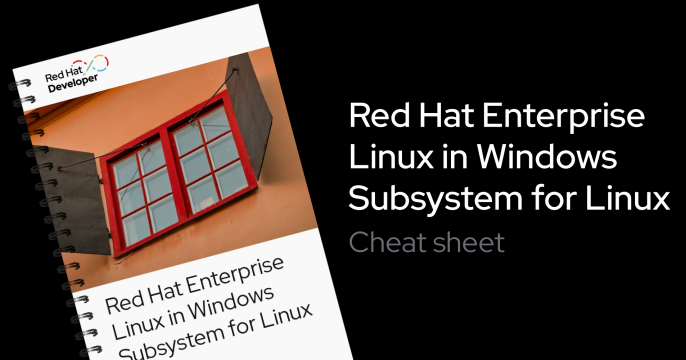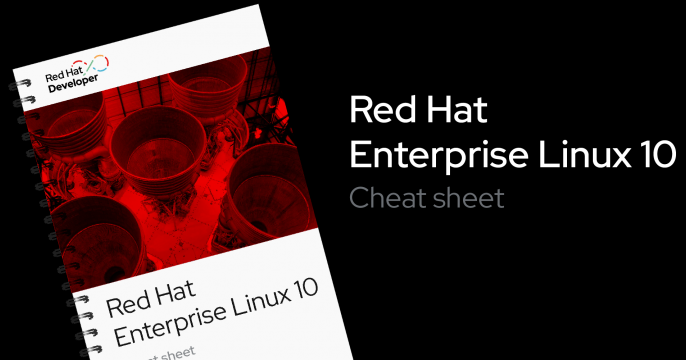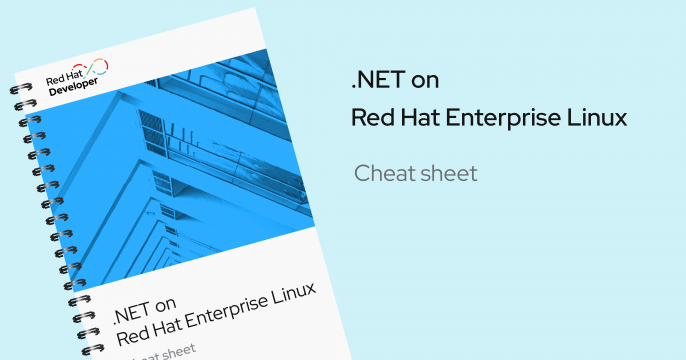Linux for developers
Develop applications on the most popular Linux for the enterprise—all while using the latest technologies.
What is Linux?
Linux® is an open source operating system (OS) and IT infrastructure platform created as a hobby by Linus Torvalds in 1991. In the world of operating systems, Linux has the largest user base, is the most-used OS on publicly available internet servers, and the only OS used on the top 500 fastest supercomputers. Because the source code for Linux is freely available, there are several different distributions, including Red Hat Enterprise Linux (Red Hat's flagship product) and Fedora Linux, a community project founded by Red Hat to develop a desktop version of Linux.
Software developers create apps and services inside Linux containers that let them code once, then run their code virtually anywhere. All containerized apps contain some part of a Linux distribution. You want to make sure that all of the pieces in your container, including the Linux base, are identical between environments so you don’t have to spend your time patching and backporting.
Use enterprise-grade containers to develop in a hybrid world
Part of the beauty of Linux containers is that they are hybrid by design. That means you can code locally, test in the cloud, and deploy anywhere that Linux containers will run. Most Red Hat developer components are available with dockerfiles, or distributed as Linux container images on Red Hat Enterprise Linux (for local dev) and Red Hat OpenShift Container Platform (local, on-line, or public cloud dev). This means that wherever you develop, test, and deploy, you’re using the same development stacks, on-premise to virtual to cloud. To help you get where you’re going faster, the Red Hat container catalog gives you access to certified, trusted, and secure application containers.
Need to migrate off CentOS Linux to another distribution?
Red Hat Enterprise Linux (RHEL) has a lower total cost of ownership (TCO) over time, streamlining conversion, maintenance, and overall management for your IT team. Converting to Red Hat Enterprise Linux also means enjoying life-cycle support, a large partner ecosystem, and built-in security features. Because CentOS Linux was derived from Red Hat Enterprise Linux sources, users migrating to Red Hat Enterprise Linux can continue to use many of the same techniques and elements with minimal training, while also gaining more features, tools, support, and value.

Red Hat UBI is a Verified Publisher on Docker Hub
Red Hat Universal Base Images (UBI) on Docker Hub are now available as Verified Publisher images in a variety of configurations and sizes, including Micro, the newly announced variation with Red Hat Enterprise Linux 8.4 that delivers the smallest UBl footprint for edge computing.
UBIs are Open Container Initiative (OCI)-compliant, freely redistributable, container base operating system images that include complimentary runtime languages and packages, but previously, you could only get these images from the Red Hat container catalog.
Now, you can get them in Docker Hub, making it even easier for you to build and deploy UBI-based containers anywhere.
Do you want to learn more about Linux?
Learn Red Hat Enterprise Linux (RHEL) features using Developer Sandbox and instrqut interactive learning labs. Explore, the pre-configured RHEL environment on the Developer Sandbox. Execute specific use cases through guided, hands-on scenarios in Instruqt Lab. Combining the practical experience of the Sandbox with the targeted learning of Instruqt labs provides a comprehensive understanding of RHEL.
Featured resources
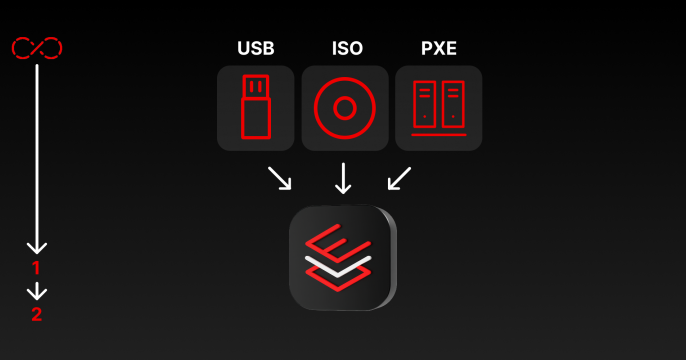
Learn how to create a robust, automated CI/CD pipeline for image mode using...
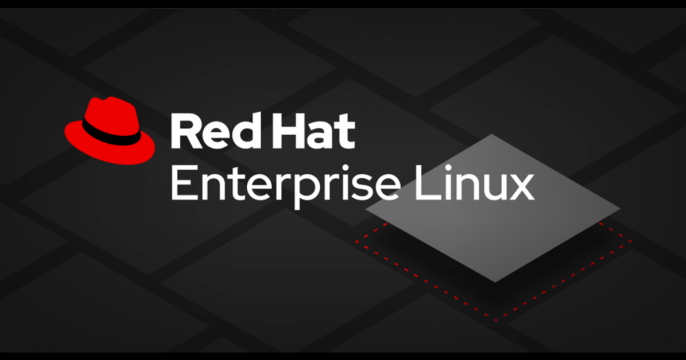
Learn about the upcoming expiration of Microsoft's Secure Boot signing...
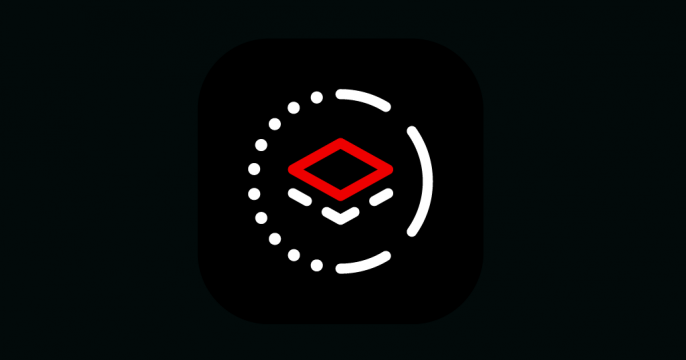
Learn how Red Hat Enterprise Linux on AWS is made easier with...
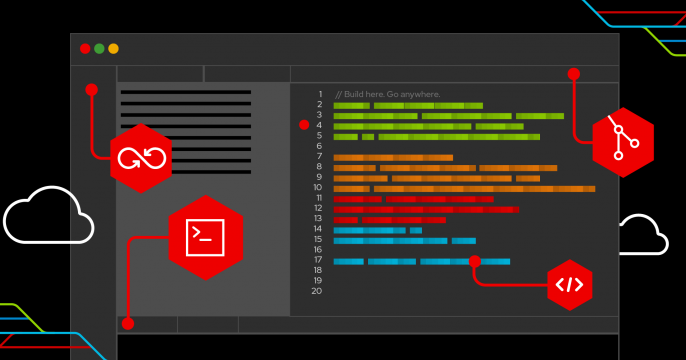
Use fault tree analysis and the PIOSEE framework to troubleshoot Red Hat...

